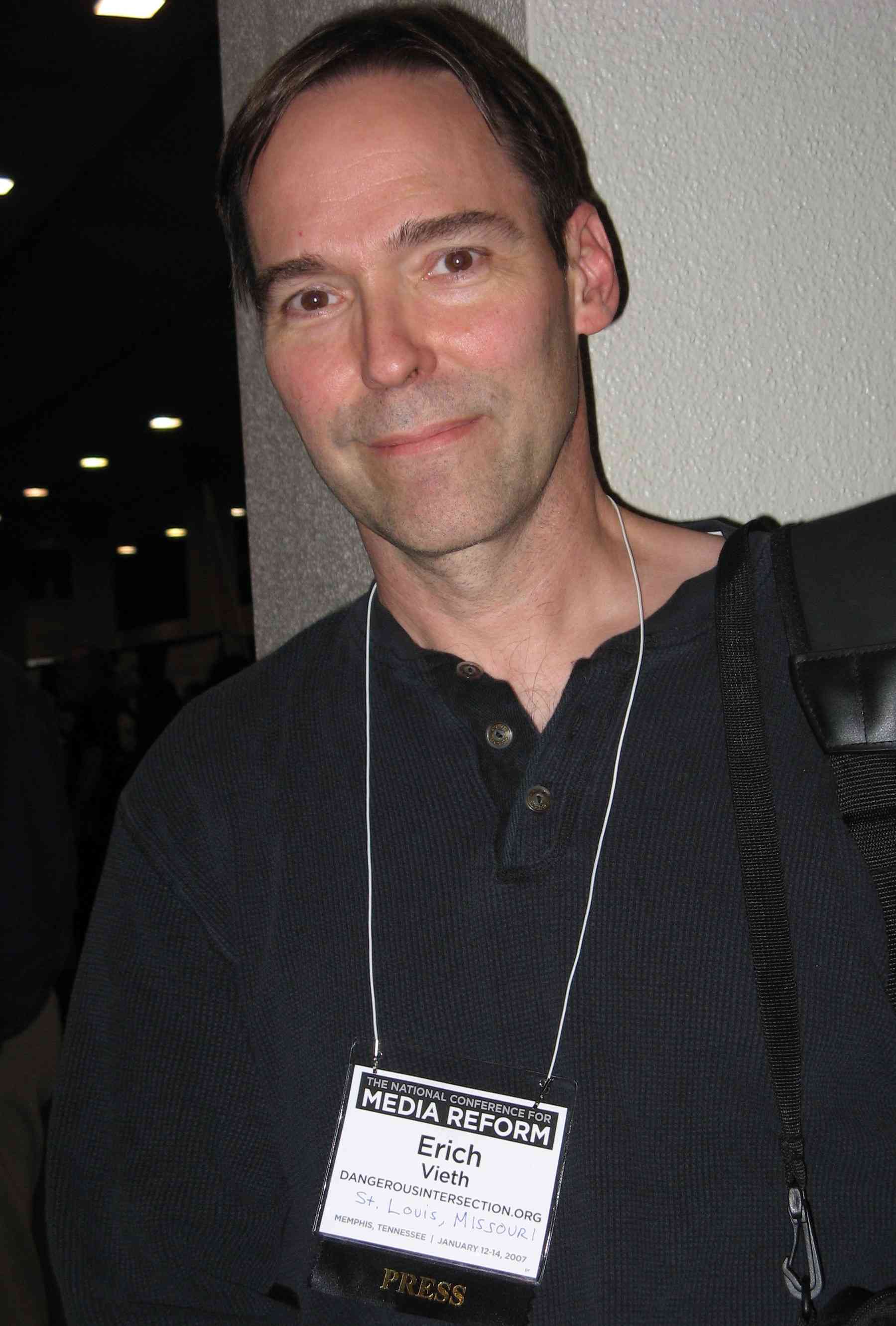This post is yet another entry summarizing proceedings of the National Conference for Media Reform in Memphis, Tennessee. The conference is sponsored by Free Press.
A panel presented yesterday was entitled “Saving the Internet.” [At his plenary speech, Bill Moyers has suggested an alternate way of designating this issue: “equal access to the Internet.”] At the panel presentation, Tim Wu summarized the concept of net neutrality issue. Tim is a professor at Columbia Law School who specializes in telecommunications law and copyright. In 2006, he wrote a book titled Who Controls the Internet.
Wu explain that the Internet is a meritocratic network. It is a place where we don’t need permission to speak. The aim of “net neutrality” is “to protect this no-permission” aspect of the Internet. The electric network of the Internet, itself, is a second form of neutrality. The idea is that any compatible device should be allowed to be connected to the network.
The function of net neutrality is to protect the Internet from incursions by phone companies and cable providers. If they had their way, the Internet will become like cable companies or “like the Chinese Internet,” where the provider tells you how you can use the network.
Wu previously worked with a telecommunications company. He was not proud of this, but admitted that his job was to try to sell ways to discriminate use based on content. Ironically, this is exactly what he is now concerned about. That is why he wrote a seminal paper …


